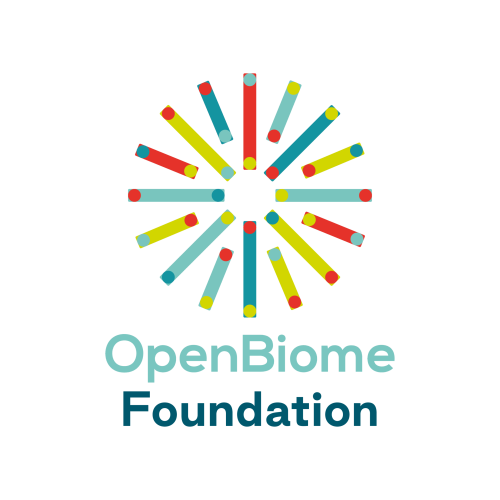Resources
Advancing Care for Pediatric Patients with C. difficile: Insights from a Clinical Webinar on Investigational FMT
On March 28, 2023, OpenBiome convened a live webinar featuring a distinguished panel of physicians from Boston Children’s Hospital, Texas Children’s Hospital, and the University of Minnesota. The discussion focused on the clinical management of pediatric patients with Clostridioides difficile (C. difficile) infection, with a particular emphasis on diagnostic considerations and the use of investigational fecal microbiota transplantation (FMT).
The conversation underscored the complexity of diagnosing and treating recurrent C. difficile in children and highlighted critical clinical insights for healthcare providers considering investigational FMT in this population.
Below are key takeaways from the panel discussion, along with important considerations for clinical practice.
Key Insights from the Expert Panel
- Careful Evaluation of Referrals for Investigational FMT
A significant proportion—up to 25%—of pediatric referrals for investigational FMT may be attributable to alternative diagnoses rather than recurrent C. difficile infection. The most frequently encountered alternative etiologies include:
- Constipation with overflow diarrhea in patients colonized with C. difficile
- Undiagnosed ulcerative colitis or Crohn’s disease
- Abdominal migraine
- Cow’s milk protein allergy
Clinicians are advised to conduct comprehensive diagnostic evaluations prior to pursuing investigational FMT to ensure appropriate treatment and avoid unnecessary intervention.
- Investigational FMT in the Context of Suspected IBD
For pediatric patients presenting with symptoms of recurrent C. difficile and potential inflammatory bowel disease (IBD), the panel recommended colonoscopic delivery of investigational FMT. Colonoscopy enables direct visualization of the mucosa and assessment for inflammation, which can inform treatment decisions.
If active inflammation is identified while the patient is on antibiotics, the panel advised postponing FMT until the underlying IBD is adequately managed. This often includes the use of suppressive vancomycin and IBD-directed therapies to reduce the risk of flare and improve FMT efficacy.
- Need for Pediatric-Specific Evidence on FMT Delivery
The panel emphasized the need for additional research on the safety and efficacy of various FMT delivery methods in pediatric populations, particularly colonoscopic administration. Most current data are derived from adult cohorts, and further pediatric-focused studies are essential to optimize care.
- Contribution to the AGA FMT National Registry
The American Gastroenterological Association’s (AGA) FMT National Registry remains a critical resource for advancing understanding of FMT safety and outcomes. OpenBiome strongly encourages all clinicians performing investigational FMT to participate in the registry to help build a robust evidence base, particularly for pediatric use cases.
As the field of microbiome therapeutics evolves, OpenBiome remains committed to supporting clinicians with up-to-date scientific guidance, educational resources, and regulatory assistance. We extend our gratitude to the expert panelists and the broader clinical community working to improve outcomes for children with recurrent C. difficile infections.
For questions, please contact us at [email protected].
Continue Reading


Policy Outlook: Building a microbiome-informed approach to agri-food systems and childhood nutrition policies


